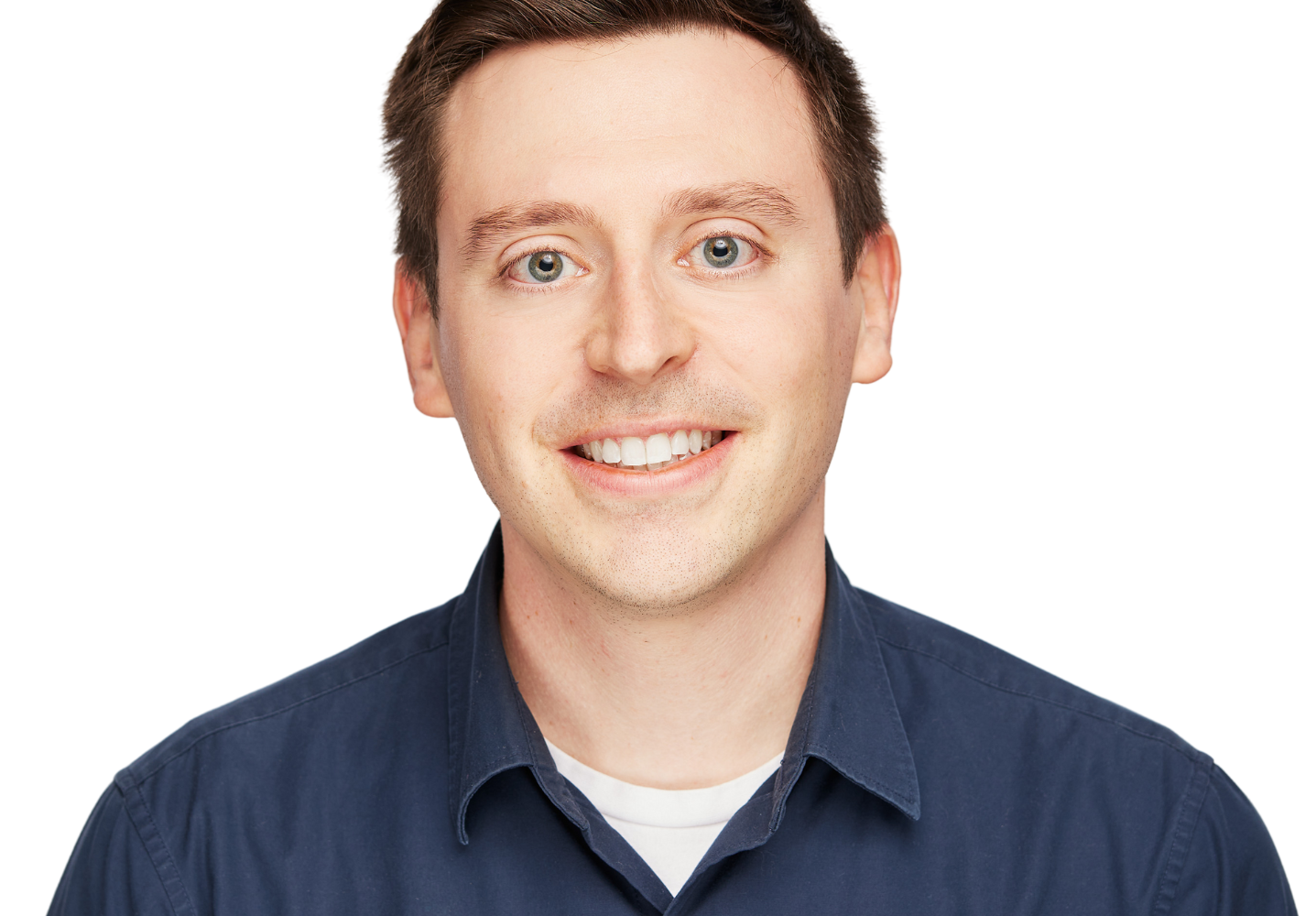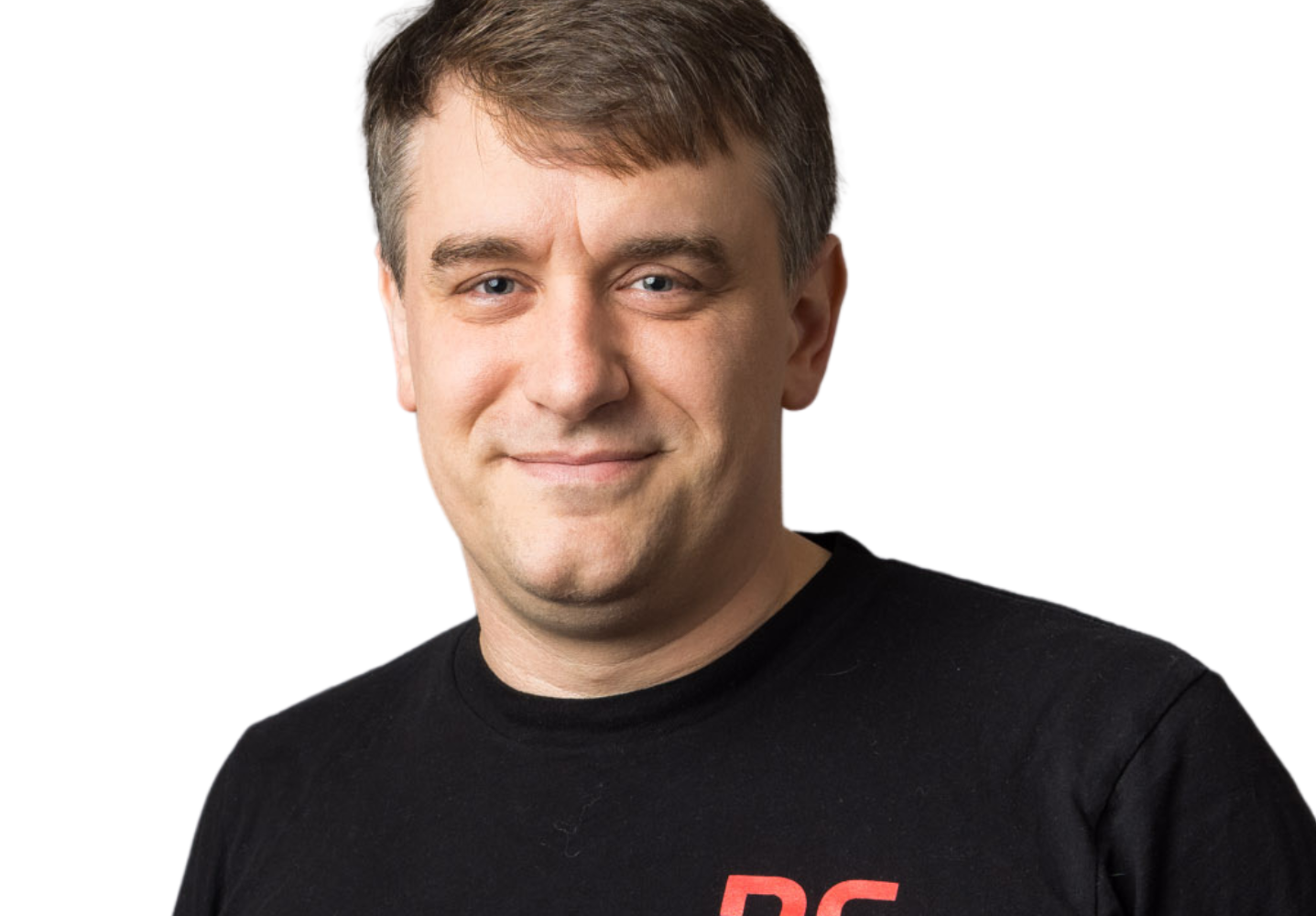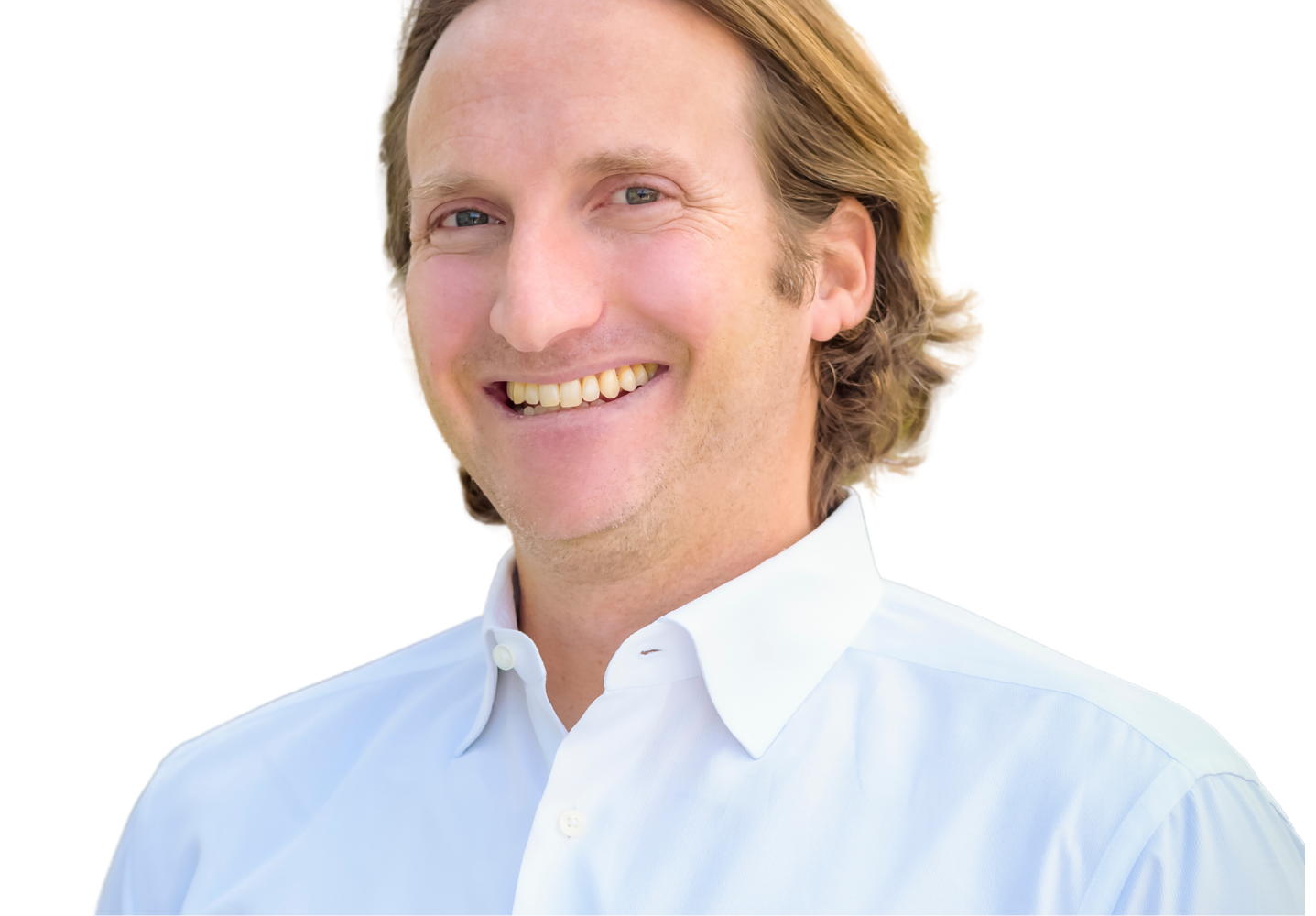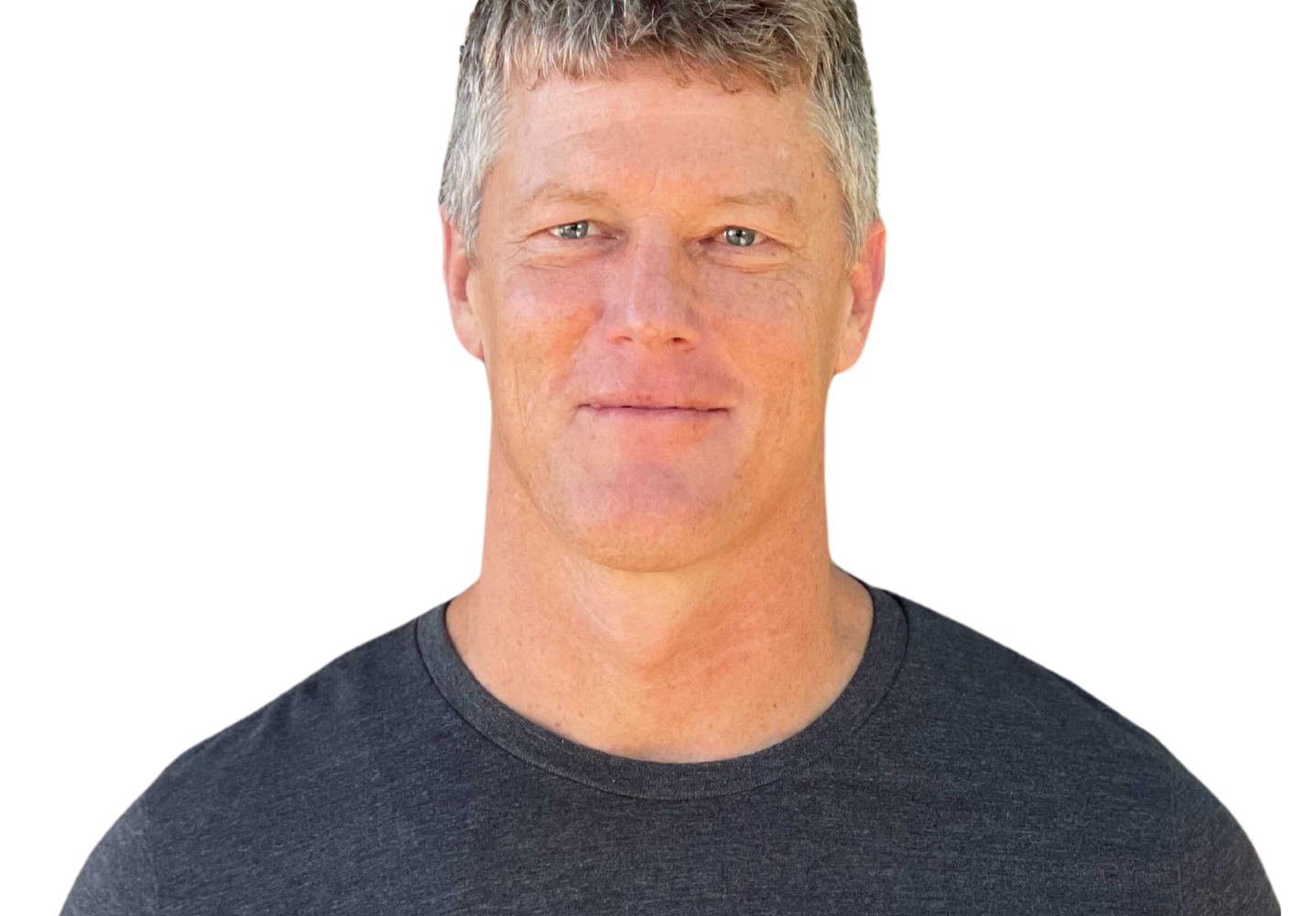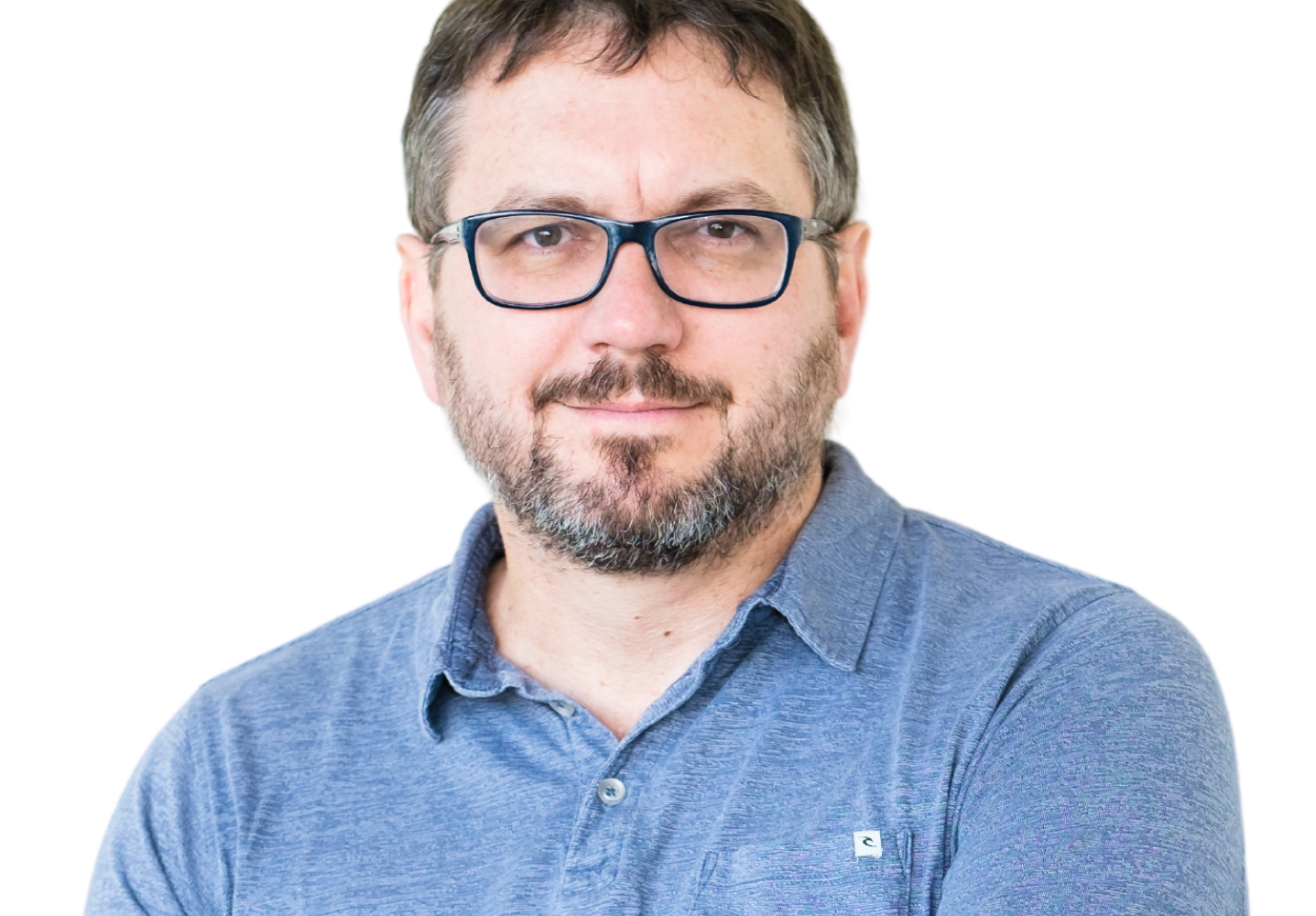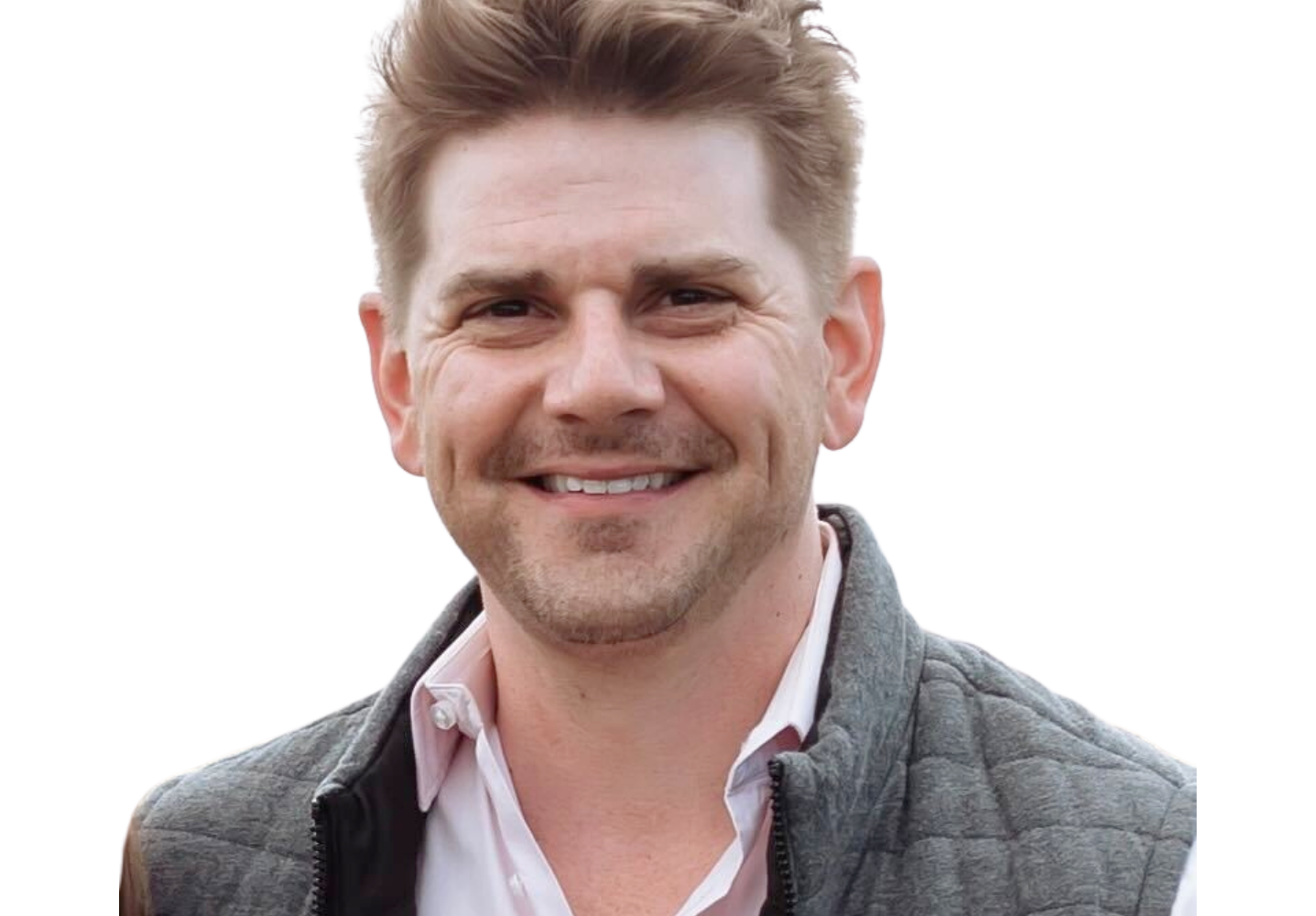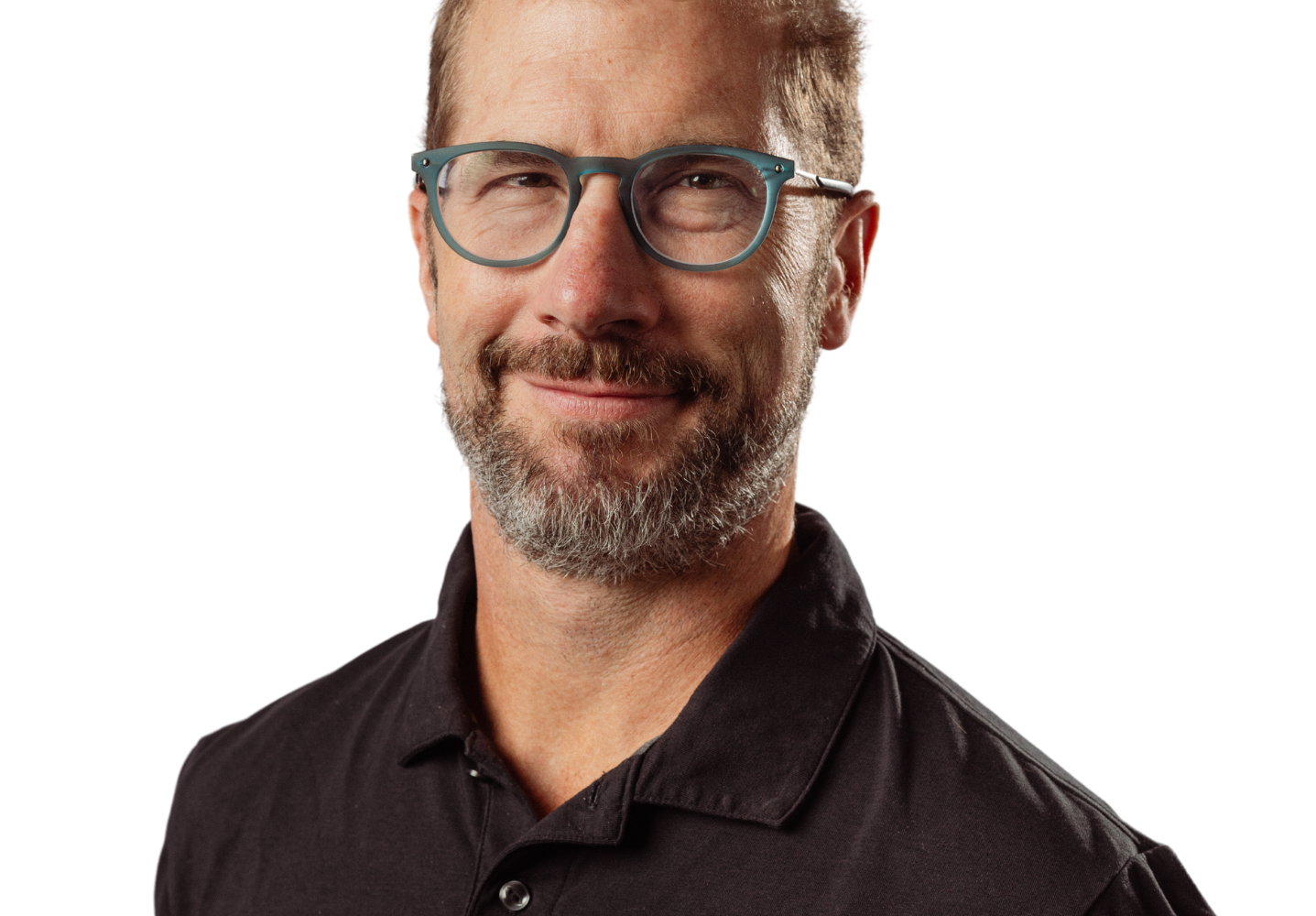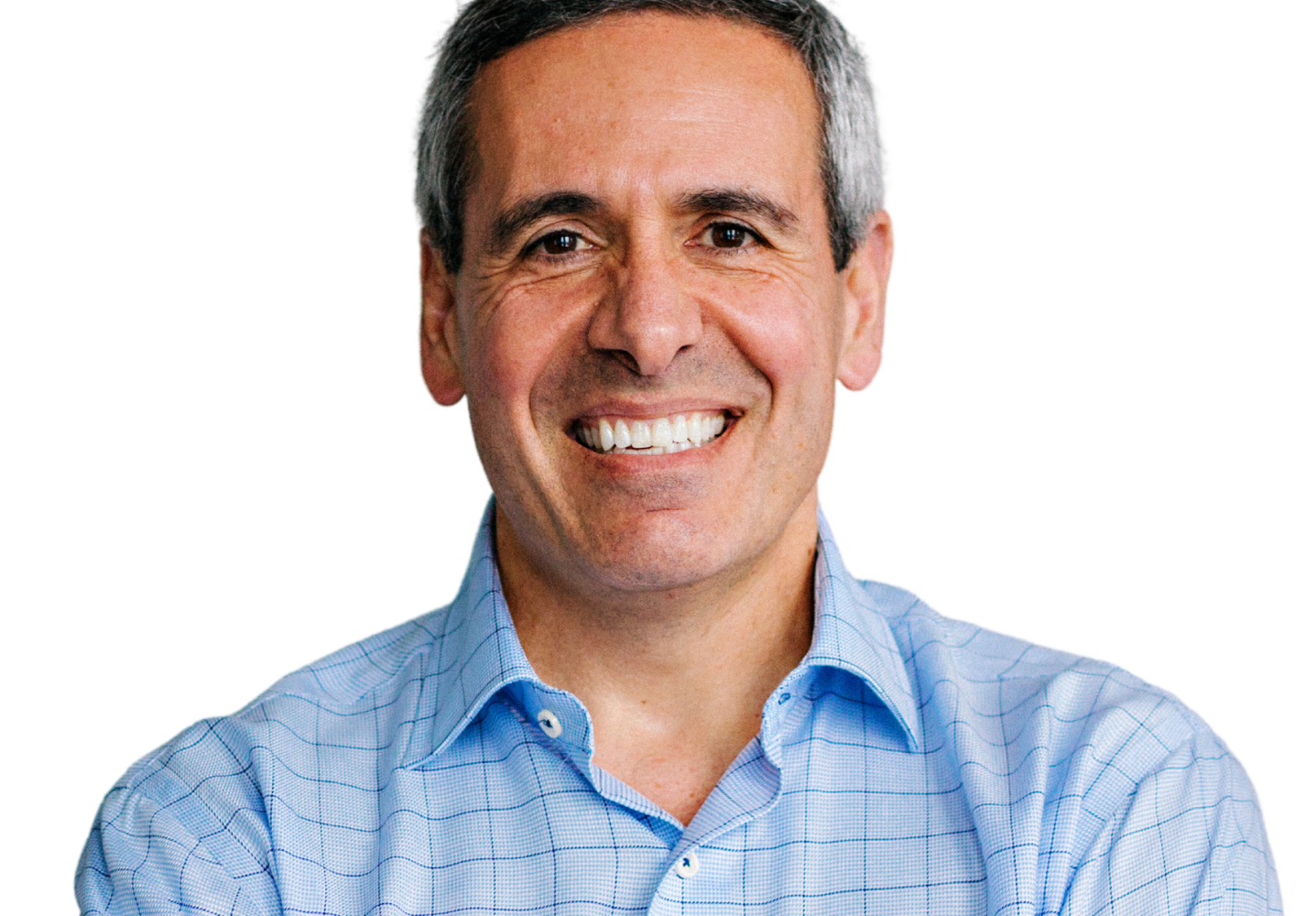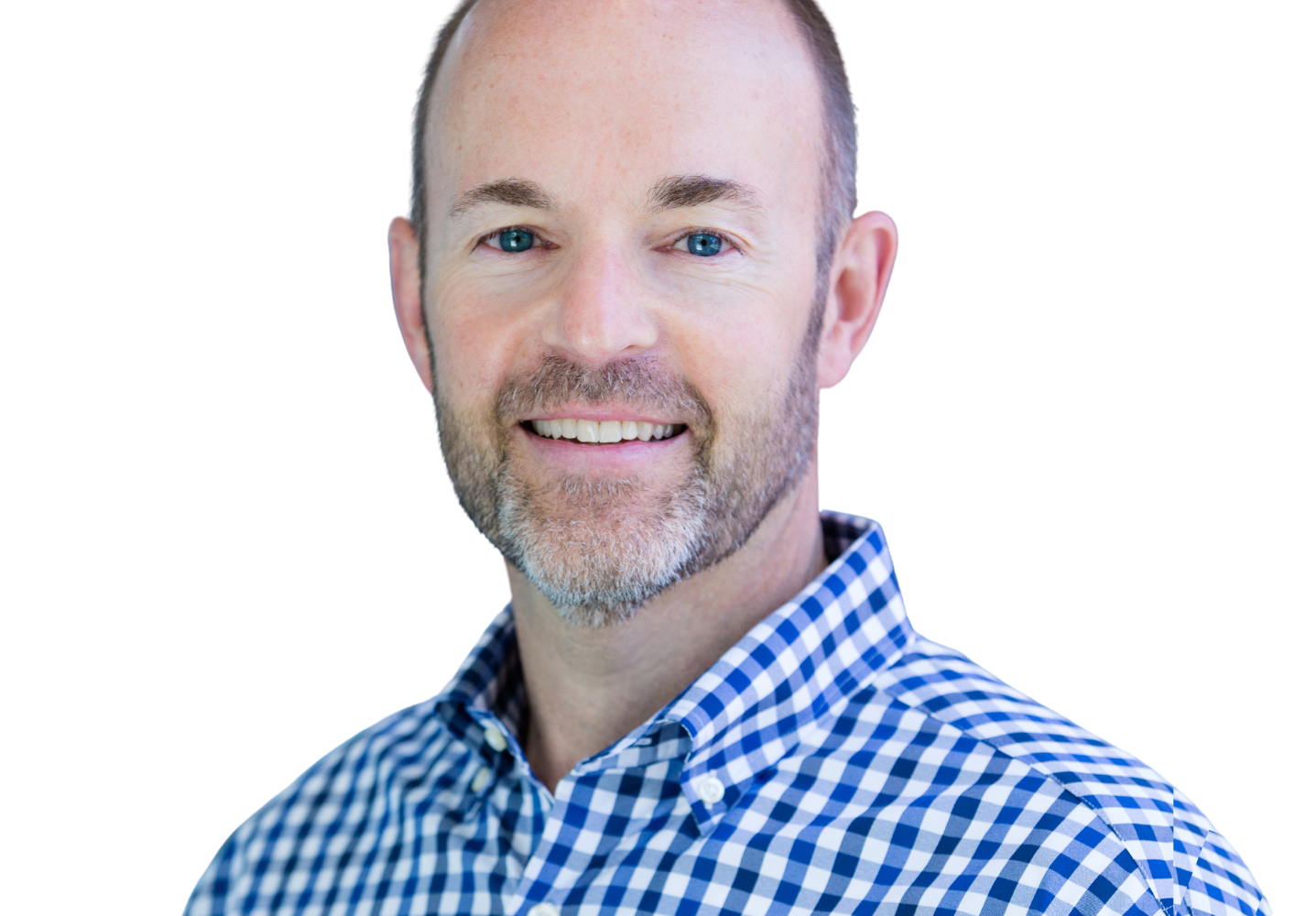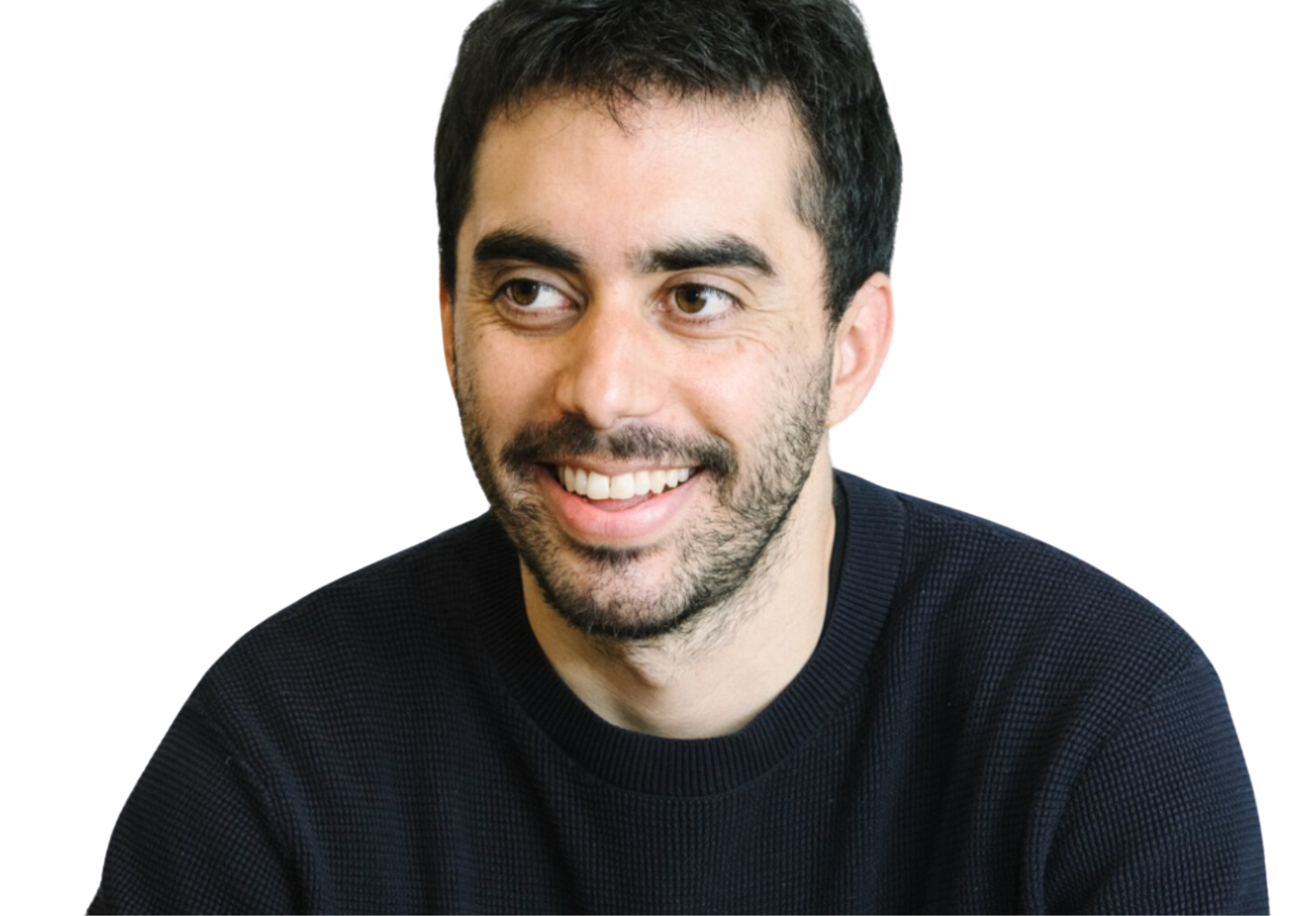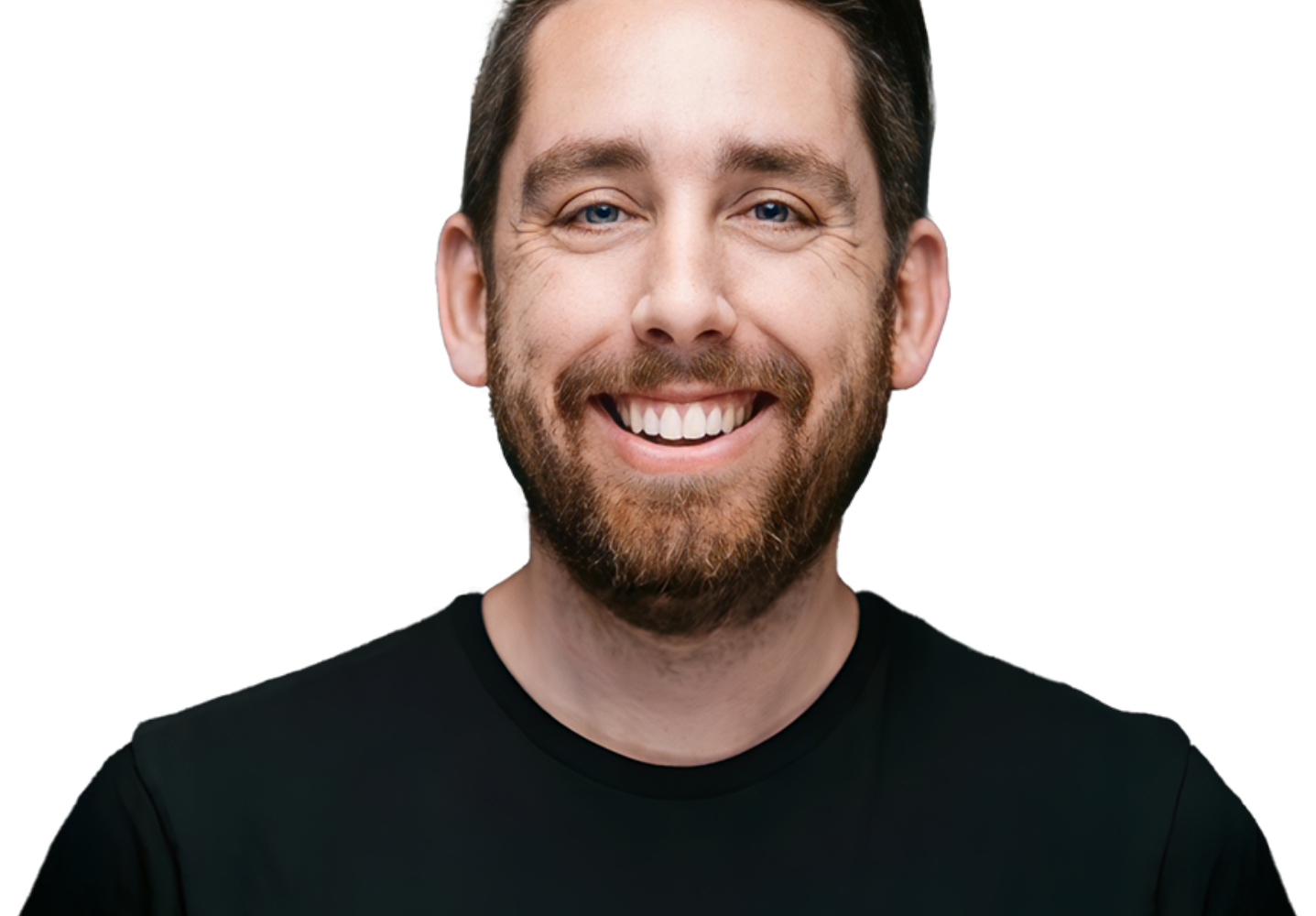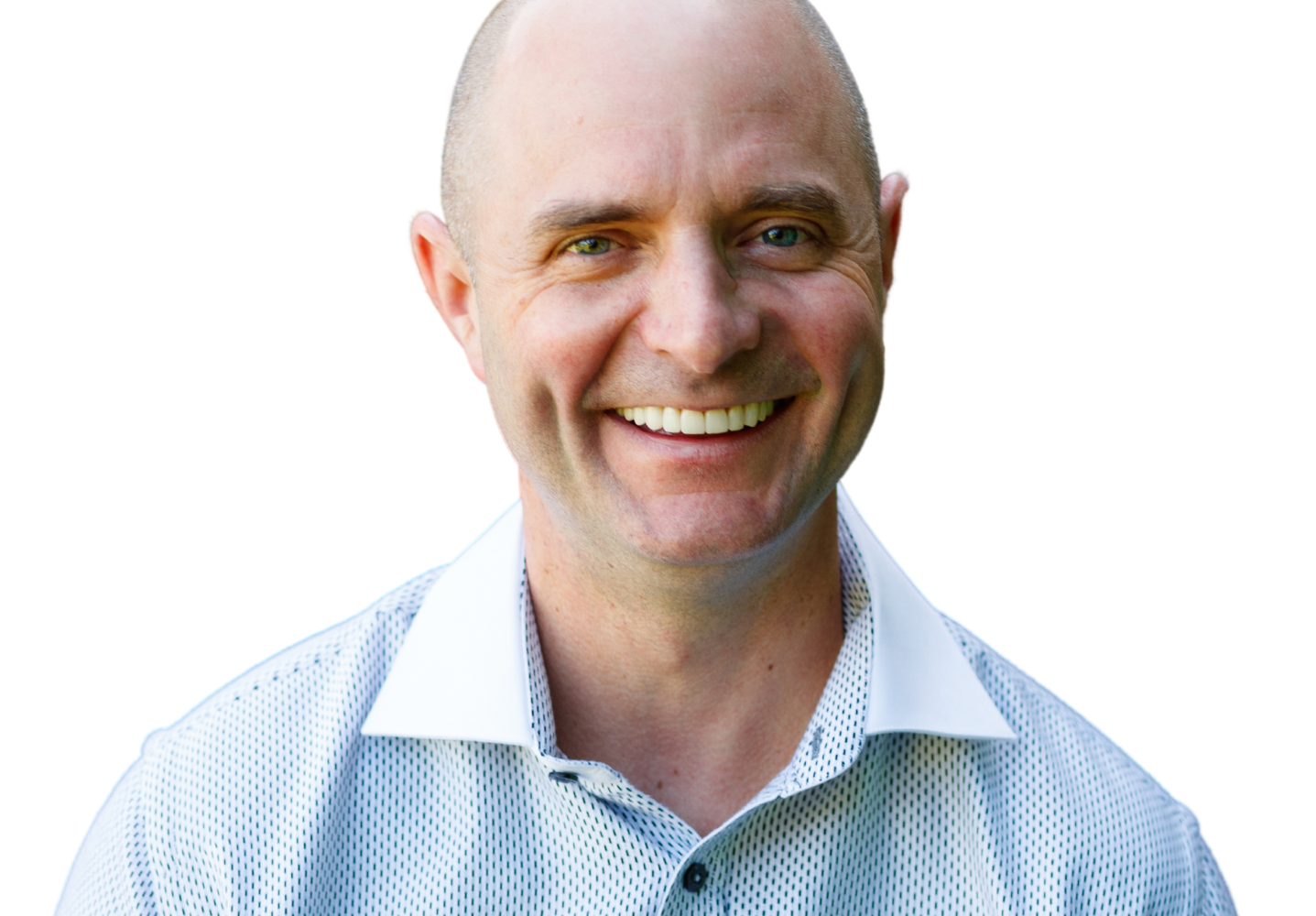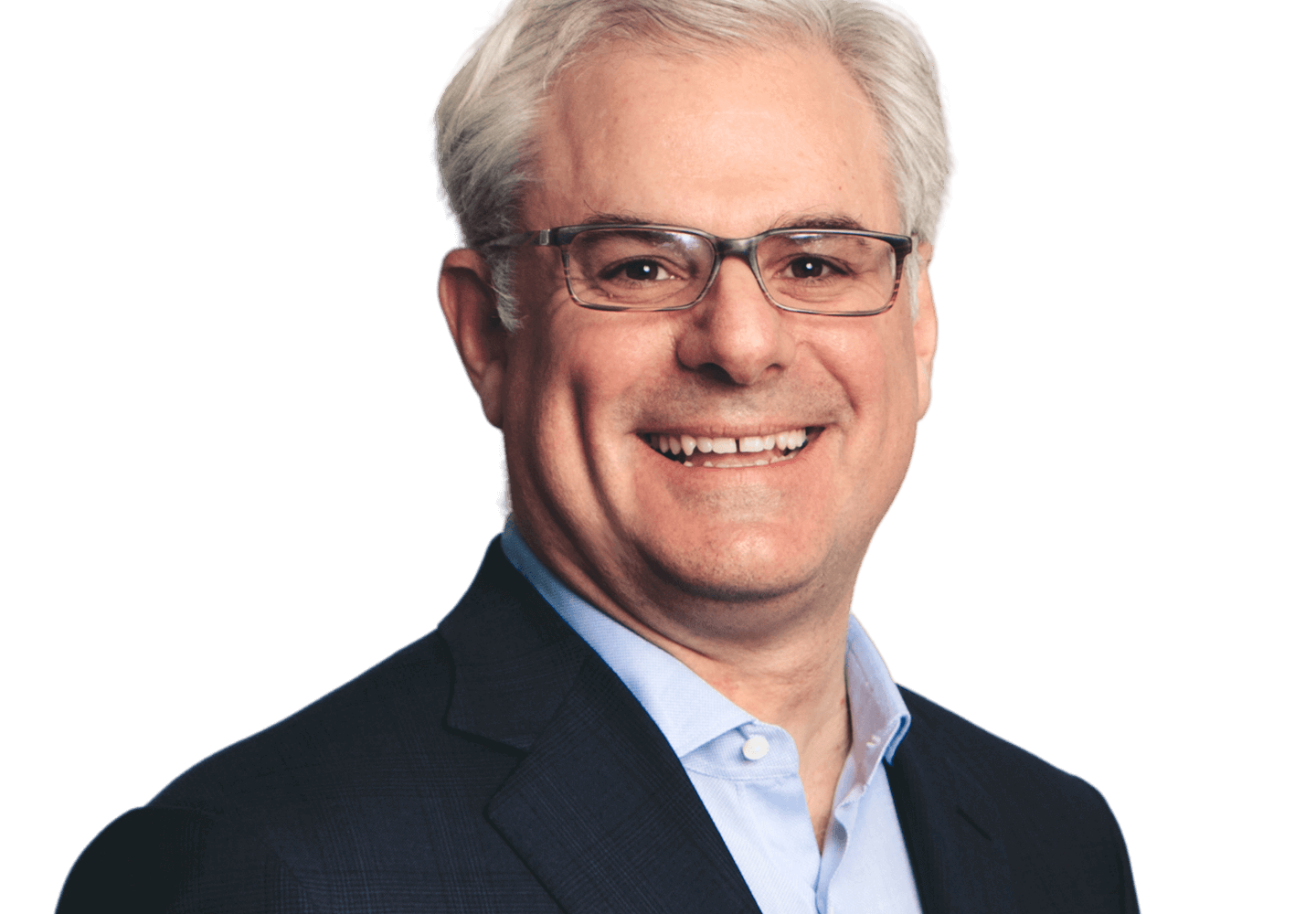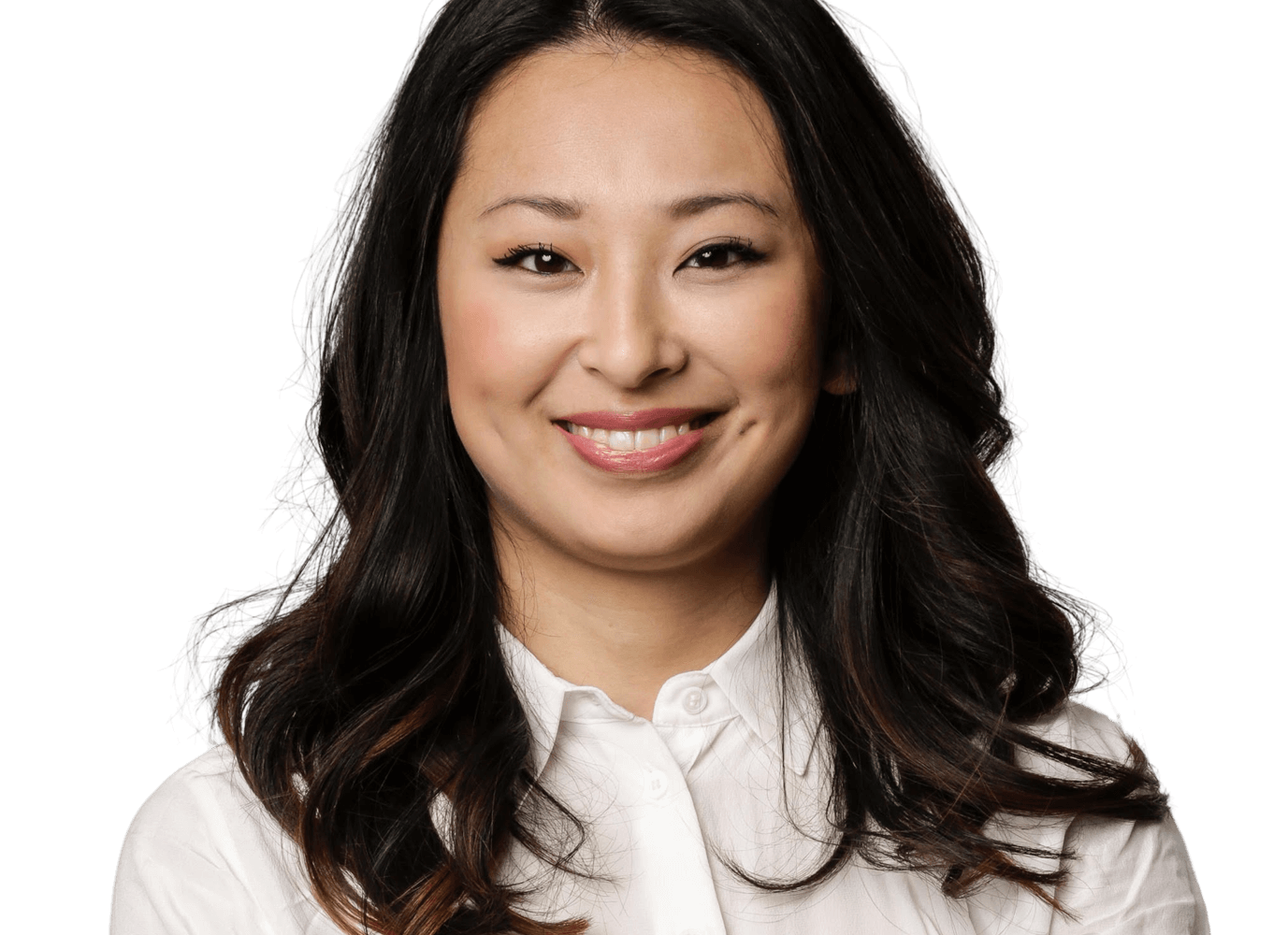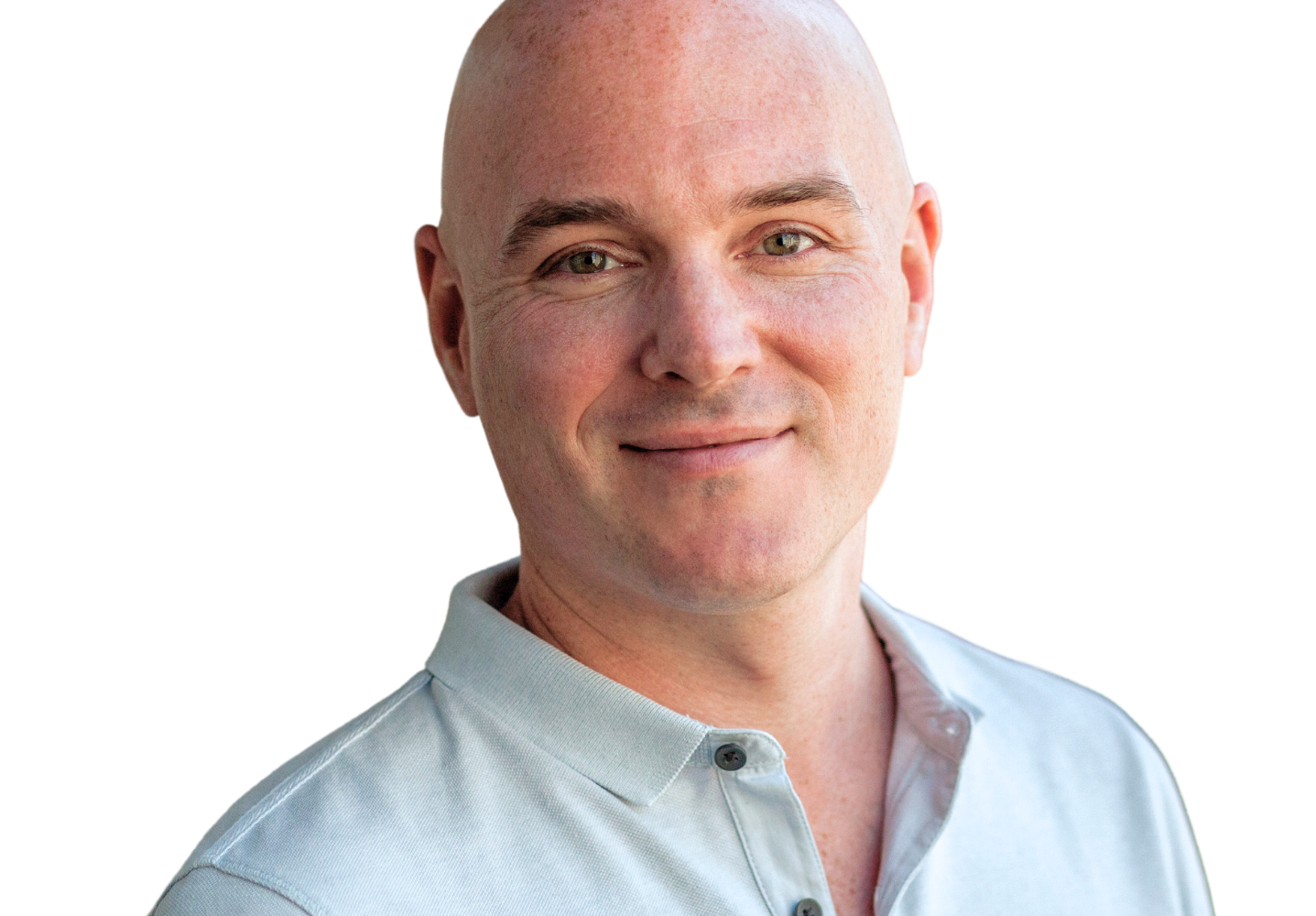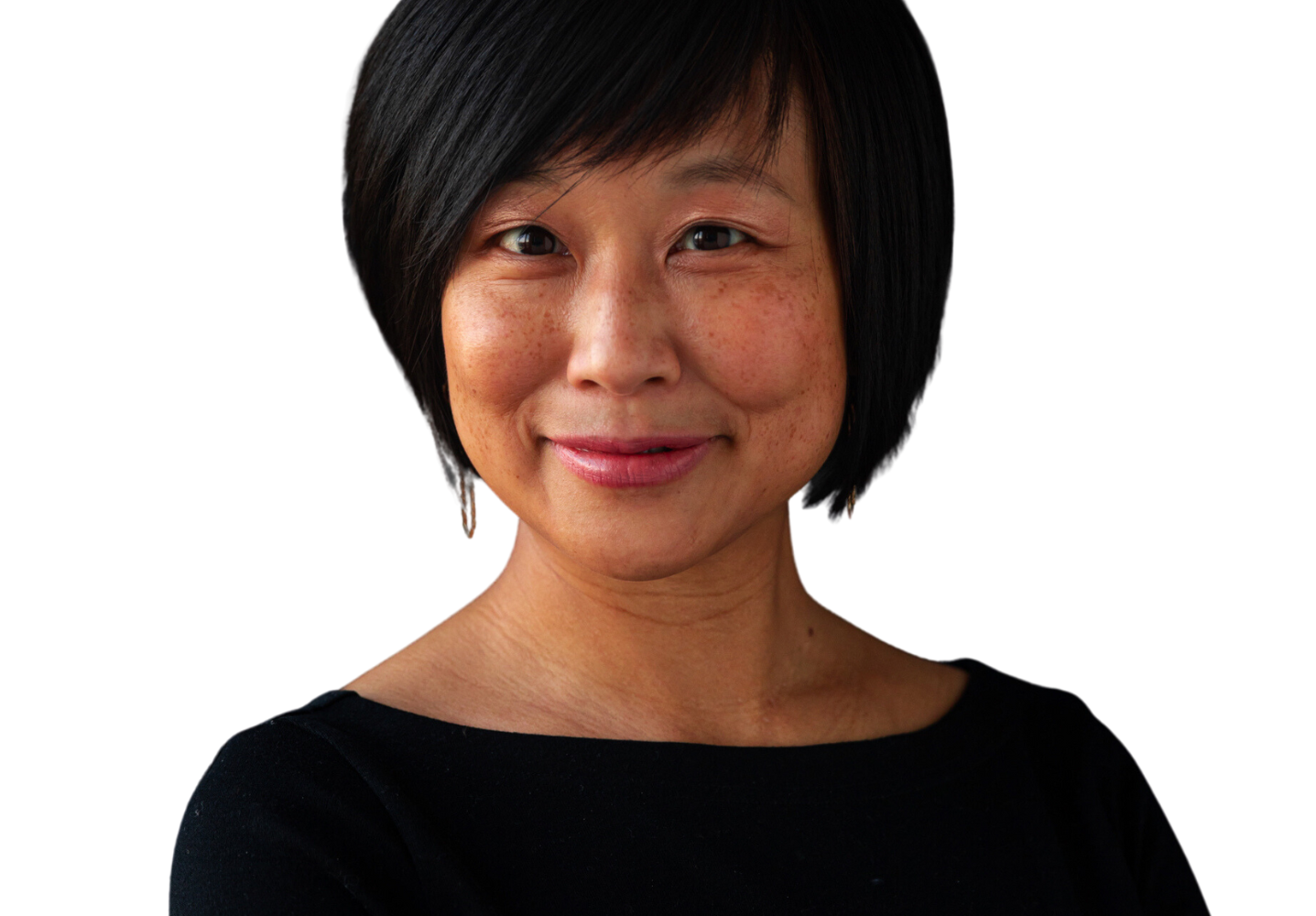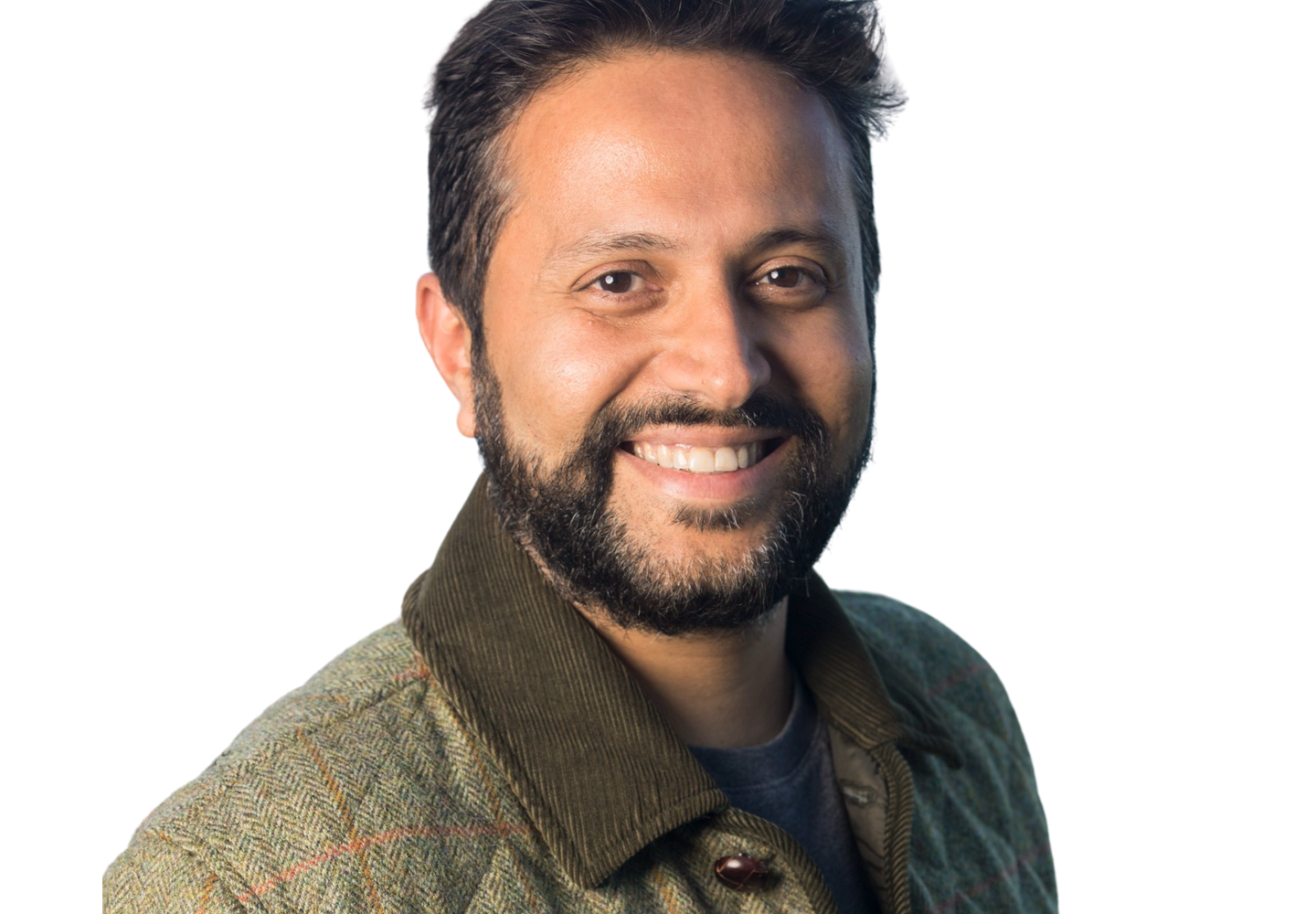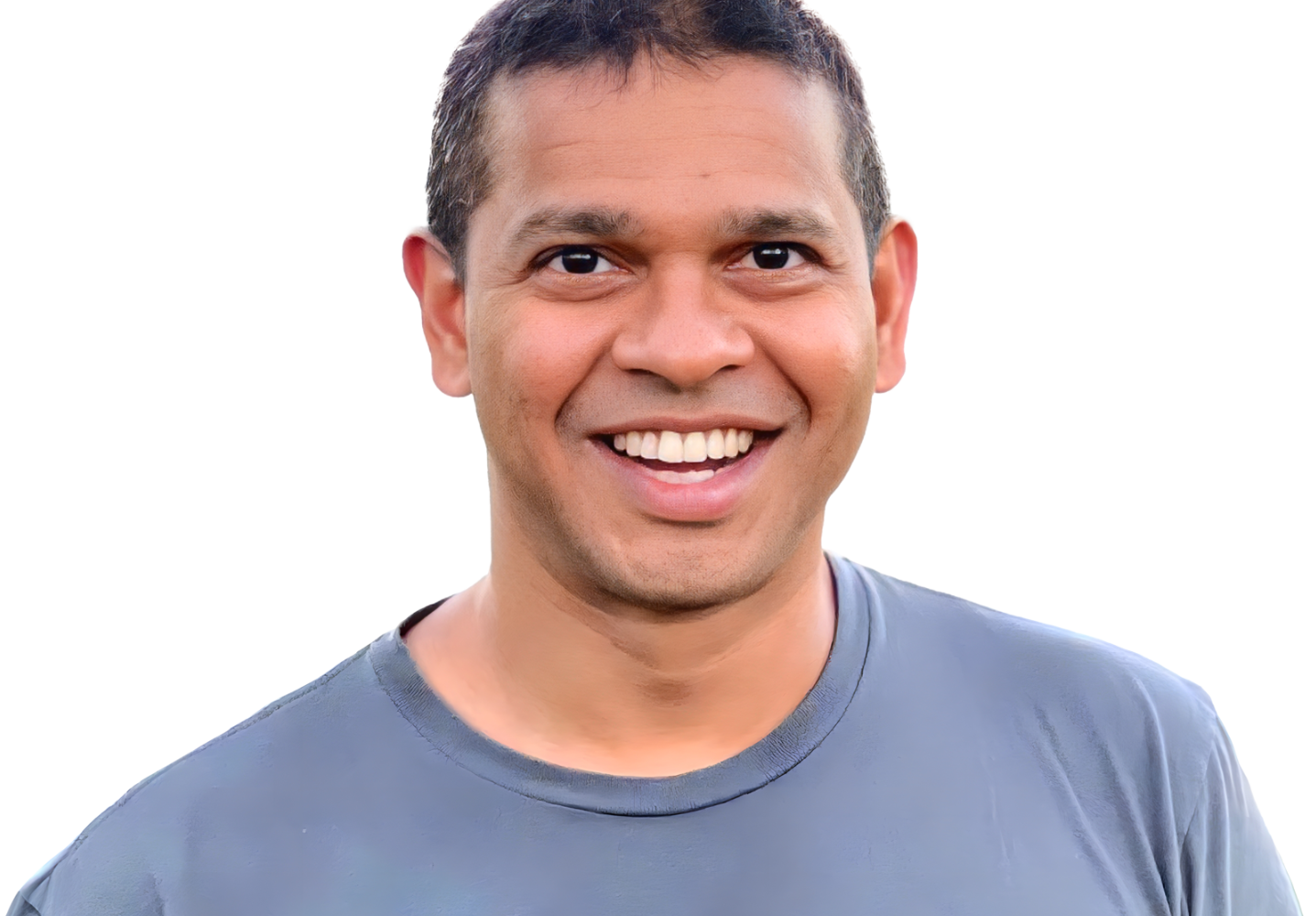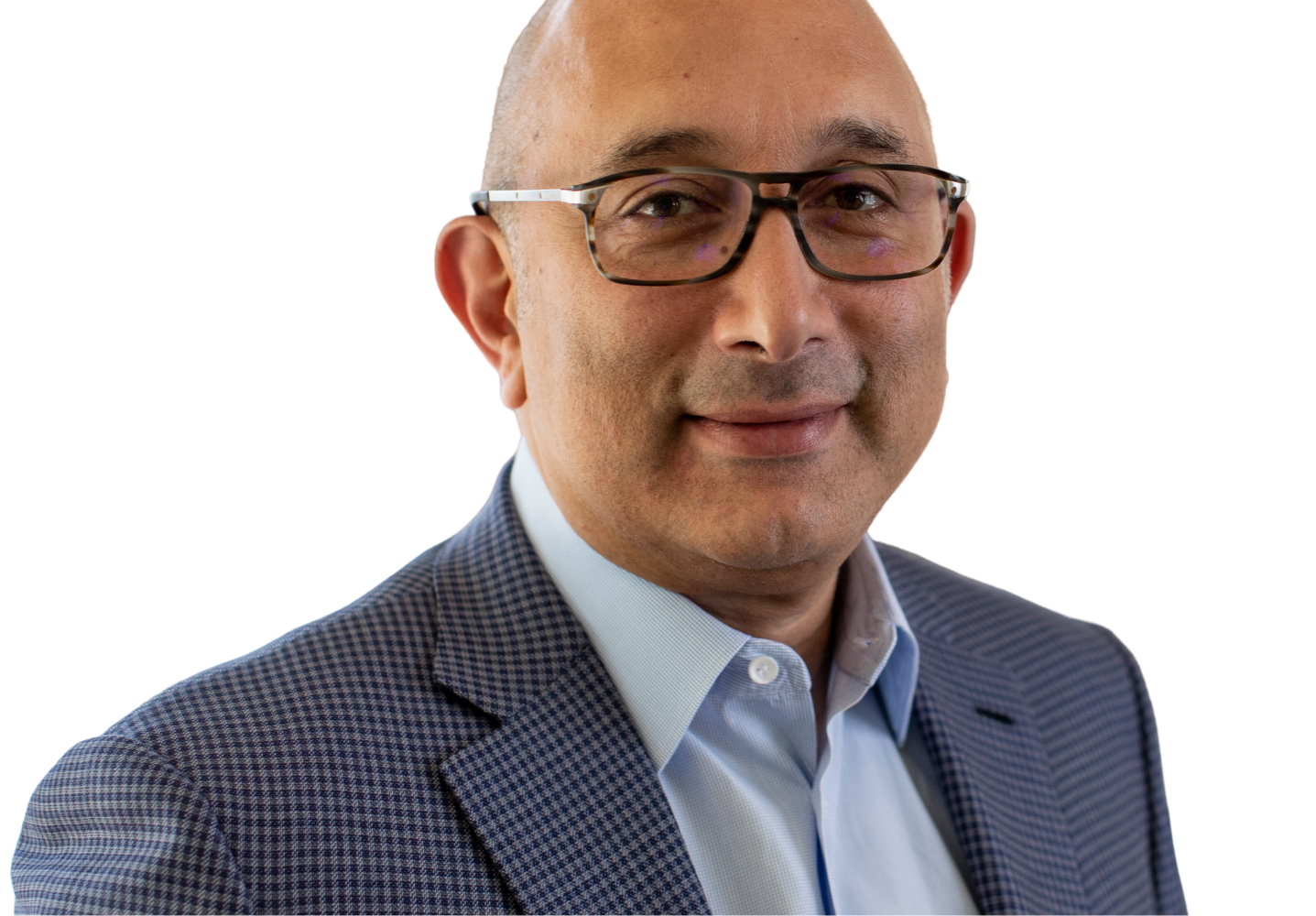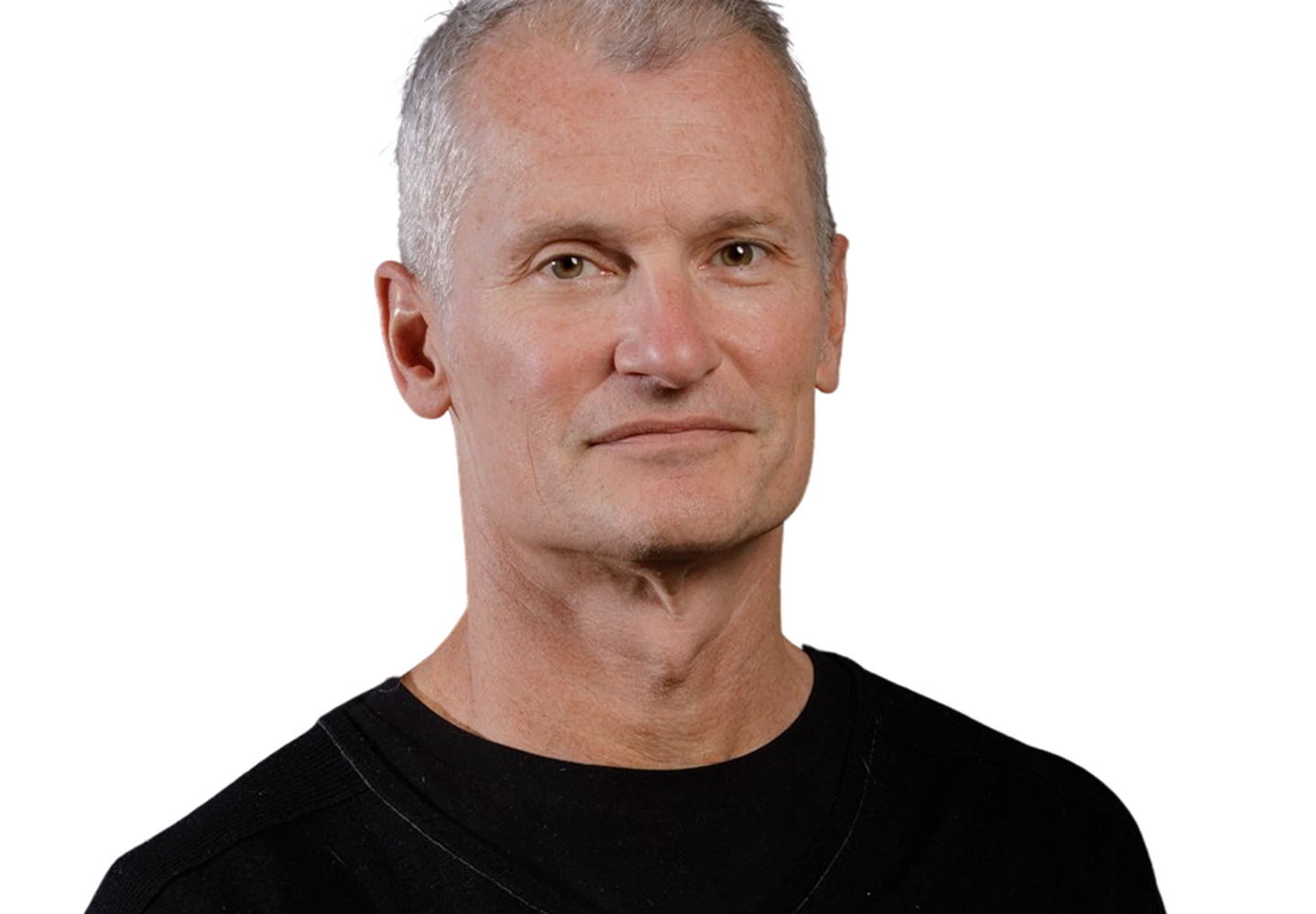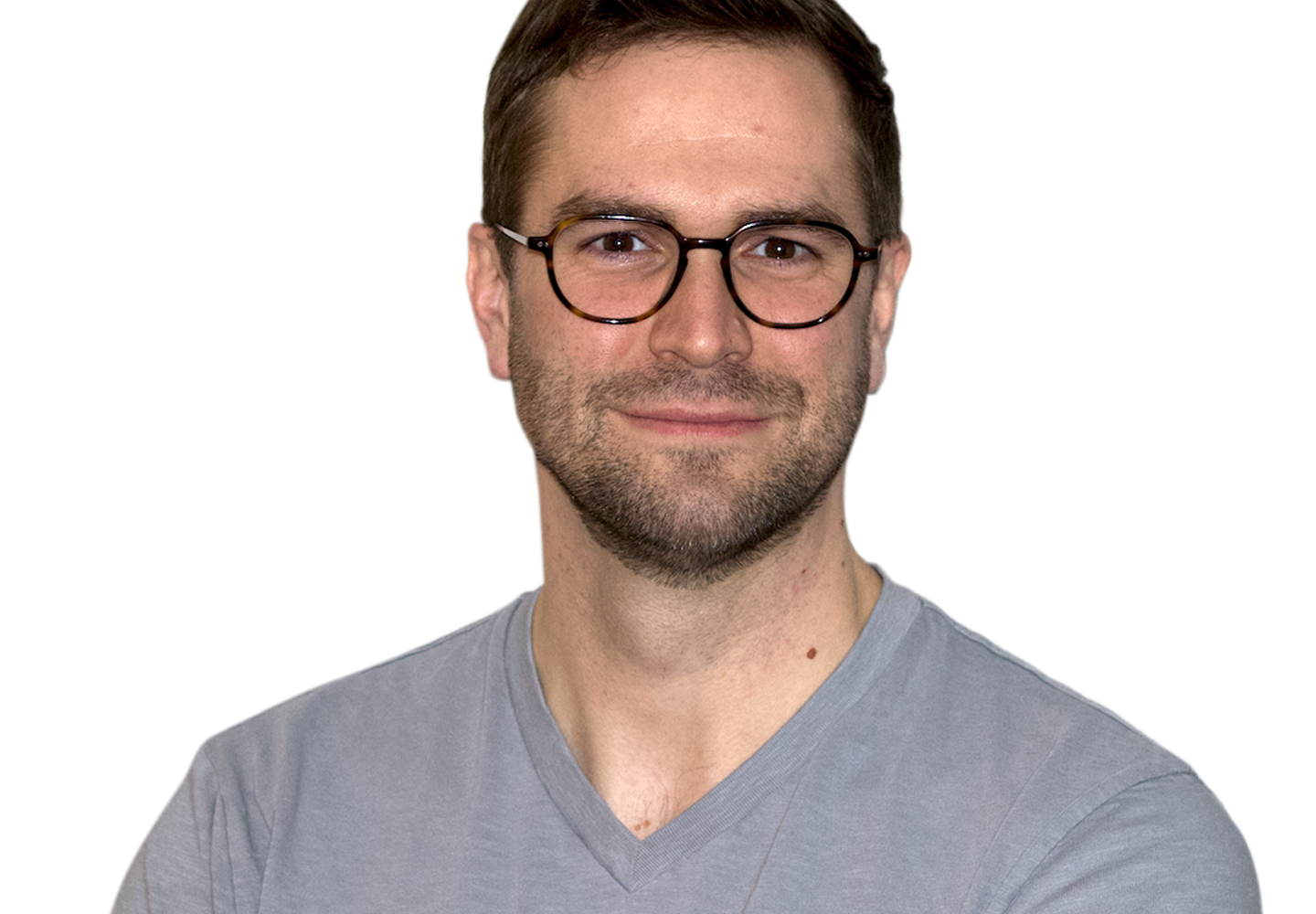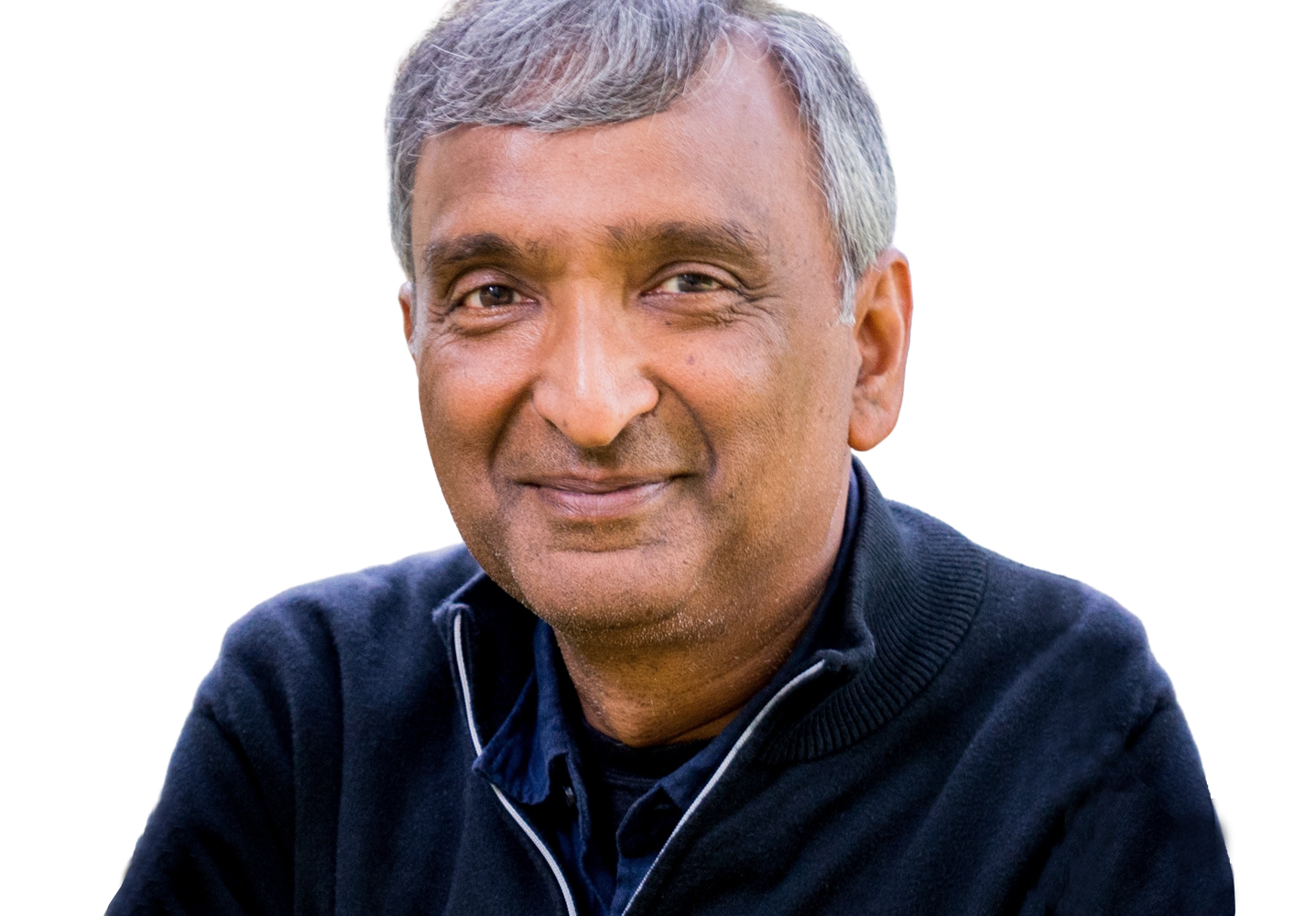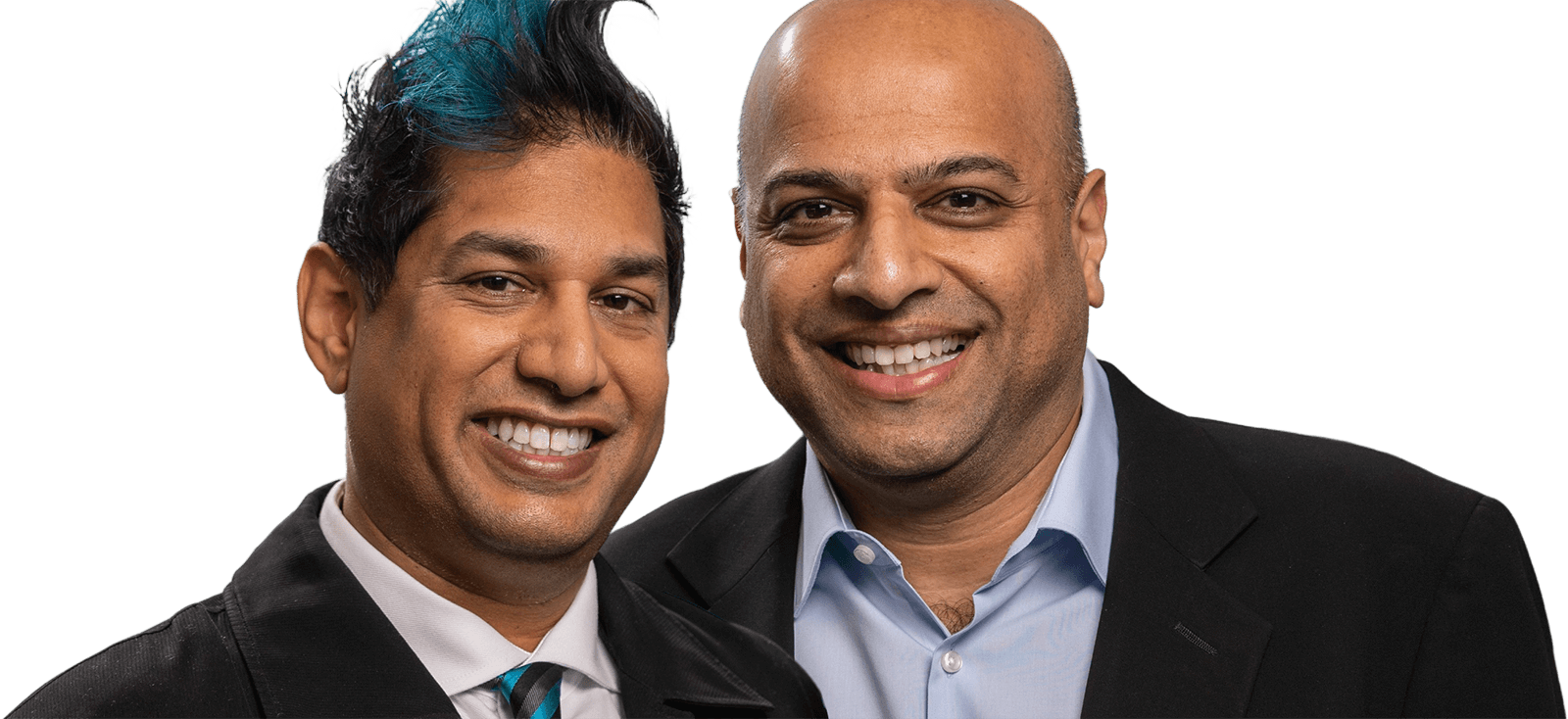What was the problem/the pain point that inspired the creation of OctoAI, and why were you the right person to tackle it?
We are building a machine learning platform to make it easy for folks to build intelligent applications. My co-founders and I started working on this as a research project out of the University of Washington almost ten years ago. The challenge then was that there was lots of innovation in machine learning – many new models that could do computer vision, natural language processing, and so on. But there were also lots of devices where you might want to run these models — phones, headsets, smart watches, in the cloud, etc. If you think about the diversity of those models and the diversity of those devices, you have so many complex scenarios when it comes to creating compelling applications. But to a large extent, even to this day, that work is done manually. But there aren’t enough skilled humans on Earth to actually do that and keep up with the pace of innovation. So, at OctoAI we are hyperfocused on bringing agility to ML deployment and removing the manual engineering effort of turning ML models into deployable code on different hardware
That is a fundamentally interdisciplinary problem because you need folks that understand machine learning and AI, you need folks that understand the guts of computers, like compilers and computer architecture, and you need people who understand software development. Building these types of interdisciplinary teams is in the DNA of academia and something that I’ve been doing in most of my research for years.
You have to put all the effort you can into building a fantastic team and cultivating and nurturing a positive culture.
What is it like to work with Madrona?
I’m biased because I’m a venture partner here and have been since 2018. But I like Madrona because they not only have a track record and a strong presence in the Pacific Northwest of catalyzing innovation here, but I also feel that it’s a deeply human venture firm. They understand and value people and founders. And Madrona has a really positive energy and culture, which is the kind of culture I’ve always valued. I chose to be a professor at the University of Washington, even though I wasn’t even sure I wanted to be a professor, for very similar reasons. I felt the department cared deeply about the students, and as a result, excellent research was happening. They recognize that it’s all about contributing to an individual career that will lead to growth.
Tell us about a Madrona Moment.
There are several, but I’ll pick a big one. So, a while before OctoAI even existed, when we were doing research in academia, we had an open-source project that was getting quite a bit of traction — Apache TVM. As the open-source project grew, we started having a few challenges as a research project and an open-source community interacting with big tech companies. It was threatening the growth and potentially creating fragmentation in the community, so Madrona stepped in to help smooth things out. We were not even talking about building a company yet. Madrona just did this to help the community as a whole. And honestly, that helped catalyze even faster growth in the open-source community that years later led to founding OctoAI.
What have you learned about yourself during this process?
In the startup world, I’ve come to appreciate how fast things can change – from good to bad and from bad to good. So, dealing with challenging situations that start to bubble up as early as possible is something that I’ve had to learn. I’m an optimist by nature, but I’ve learned not to let my optimism stop me from dealing with challenging situations early on. Sometimes you hope and are optimistic that something will resolve on its own, but it is better to just deal with it early. So, be careful not to be too optimistic because some things can keep getting worse.
What is the most important lesson that you have learned during your startup journey?
There are so many things! It might sound obvious, but first of all, no one can do this alone. You have to put all the effort you can into building a fantastic team and cultivating and nurturing a positive culture. I would say having open and respectful communication among your team is extremely important, too. Hard discussion should not be off-limits. I approach difficult conversations almost like I approach prepping for a lecture. Write things down, think about them, and play them out in your head. Think about how you’re going to have this difficult discussion — you should rehearse and practice. It always calms me down because then I feel prepared.
Personnel decisions are always tough, too. Sometimes you have to let people go, and that is difficult. But it helps me if I think about it from the whole team’s perspective. If the overall team will be better off, that makes the decision much easier. It is important. Building a company involves figuring out the right team composition – which involves adding people but also figuring out if some people need to move on to other opportunities or take on new roles and responsibilities. What gets you from Point A to Point B will not always get you from Point B to Point C. That applies to people but so many other things when building a company.
Lastly, when it comes to fundraising, try to find a way to combine good storytelling, strong technological grounding, industry trends and sound data analysis. Tell the story of the technology trends pointing to an opportunity in the future. Even if you’re speculating, if you do diligent analysis and thought processes on the trends and the data behind those trends to show your conviction that you are betting on something that is a clear opportunity with a high probability of success, that forms a rock-solid foundation for fundraising.


